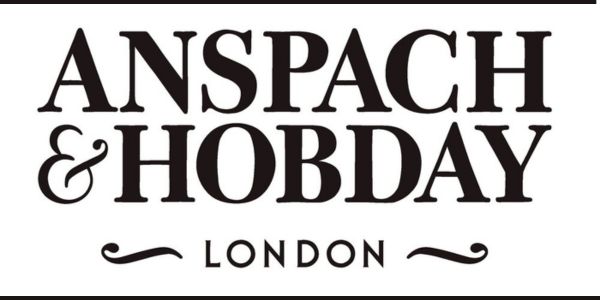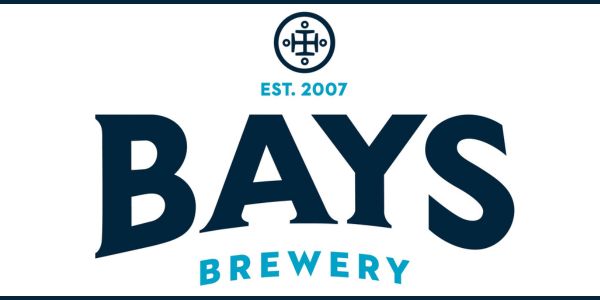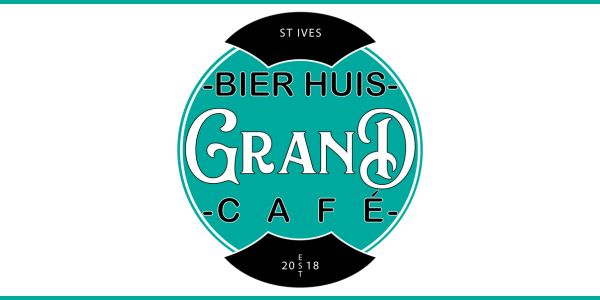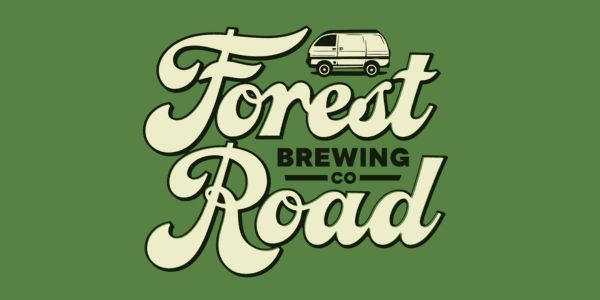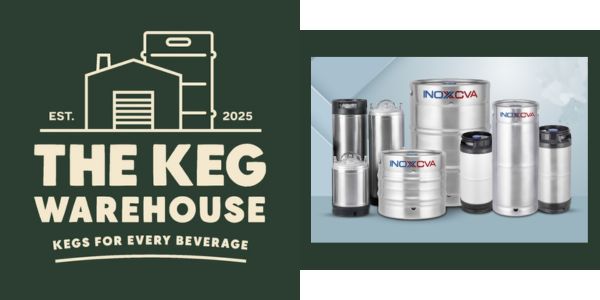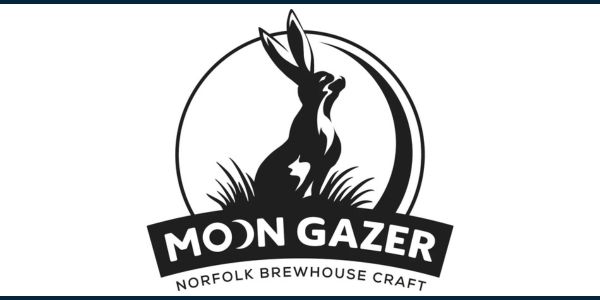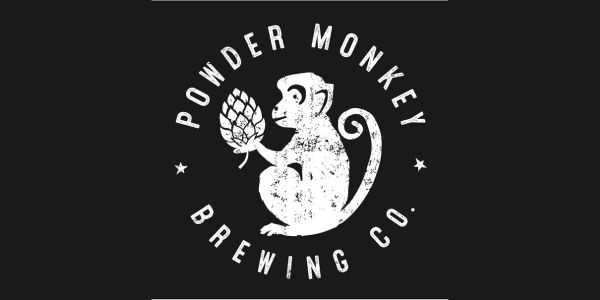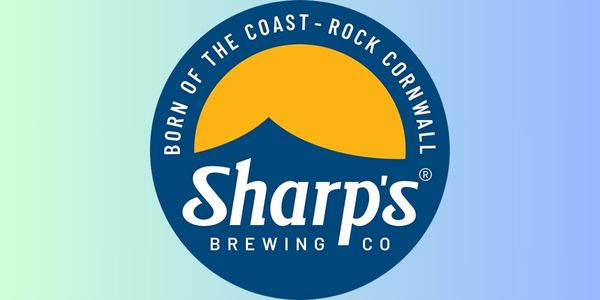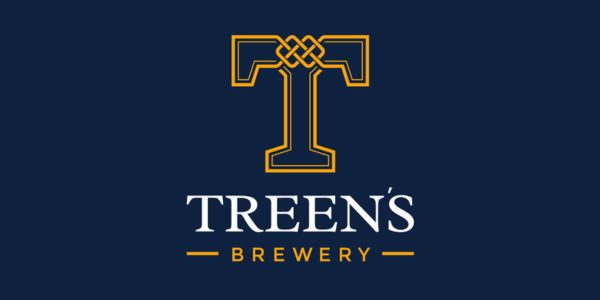St Austell Brewery’s pubs have been awarded BII Sustainability Champion status. The brewery’s head office has also received a version of the award.
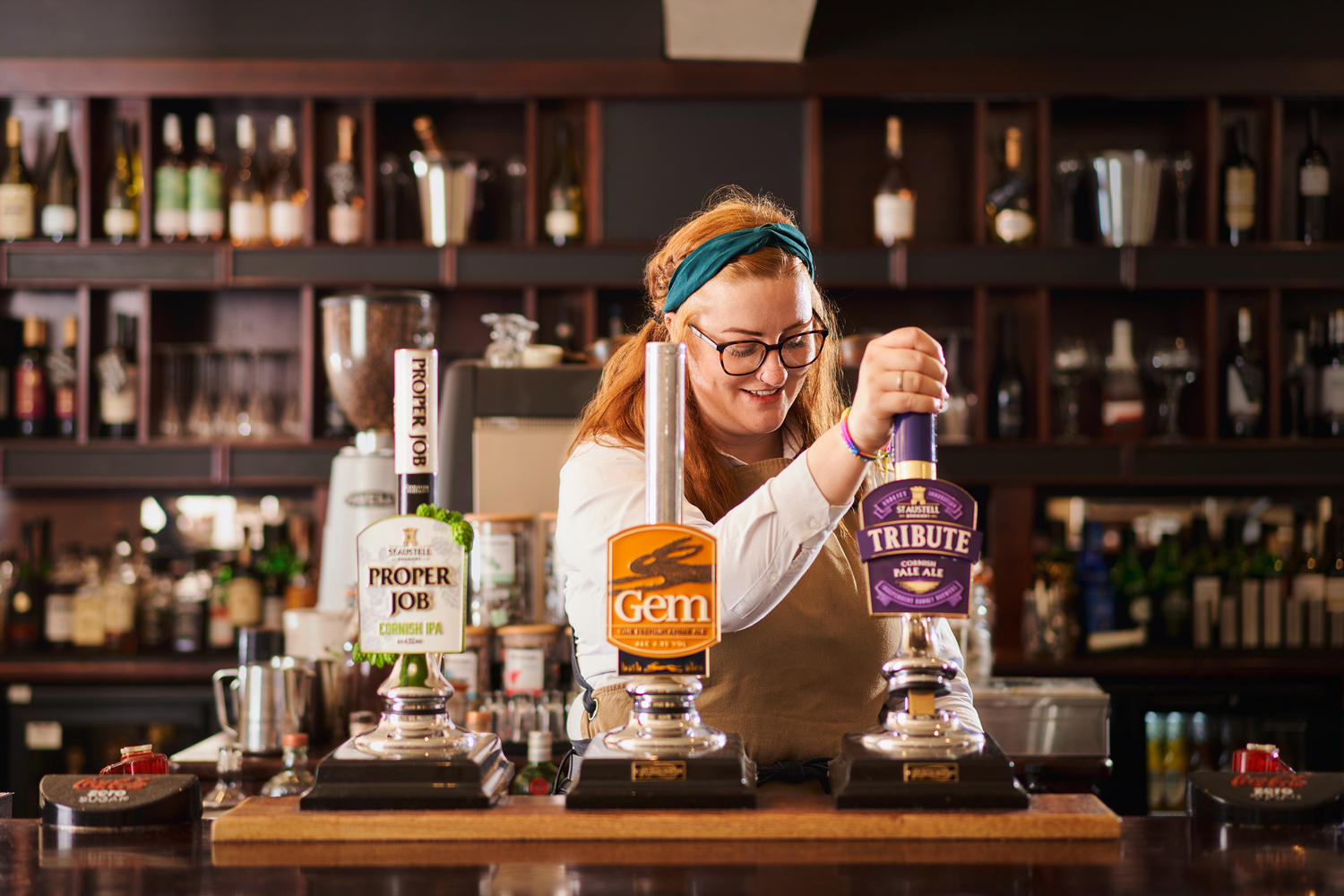
The award makes the company one of the first to have to have its whole managed estate, comprising 43 pubs across the South West, recognised for commitment to sustainability.
It’s an award for those in the hospitality sector who go above and beyond to demonstrate their commitment to running a sustainable business.
“We’re really proud to have been recognised for our commitment to the environment,” said Elle Sambrook, St Austell’s head of sustainability.
“Our teams have fully embraced our need to be as sustainable as possible, whilst navigating some really challenging times recently with the energy and cost of living crises. We will continue to invest in resilient and regenerative practices that generate positive impacts, in both our physical environment and communities.”
St Austell has a heavy focus on cutting food waste across the entire business, with a goal of reducing this by 20% by 2025.
Just one of the ways it’s focusing on sustainability is through its ground-breaking partnership with Olio, a food sharing app. Together they redistribute any surplus pub meals to the community rather than going to compost, helping to tackle food insecurity while also reducing St Austell’s wastage.
The company recognises the need to reduce reliance on fossil fuels for energy, and is proud to hold zero waste to landfill status across its managed pub estate. St Austell has long been an advocate for zero use of single-use plastics.
It has also invested in 26 electric vehicle charging points, at its head offices and select pubs, with a view to rolling out across its full pub estate by 2028 and expanding the South West’s charging network.
St Austell Brewery is an official partner of the Marine Conservation Society and regularly hosts litter picks near its pubs, for its teams and local communities. During the most recent beach clean, at the Great Western Beach in Newquay, more than 2,000 pieces of plastic and polystyrene were collected.


